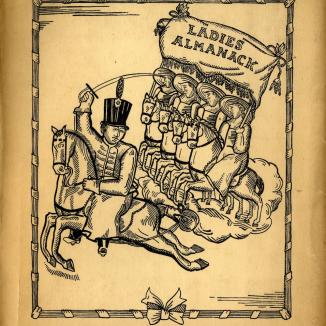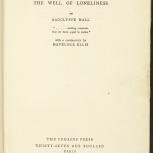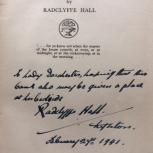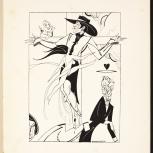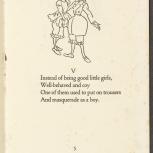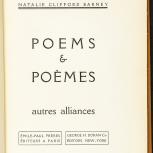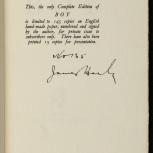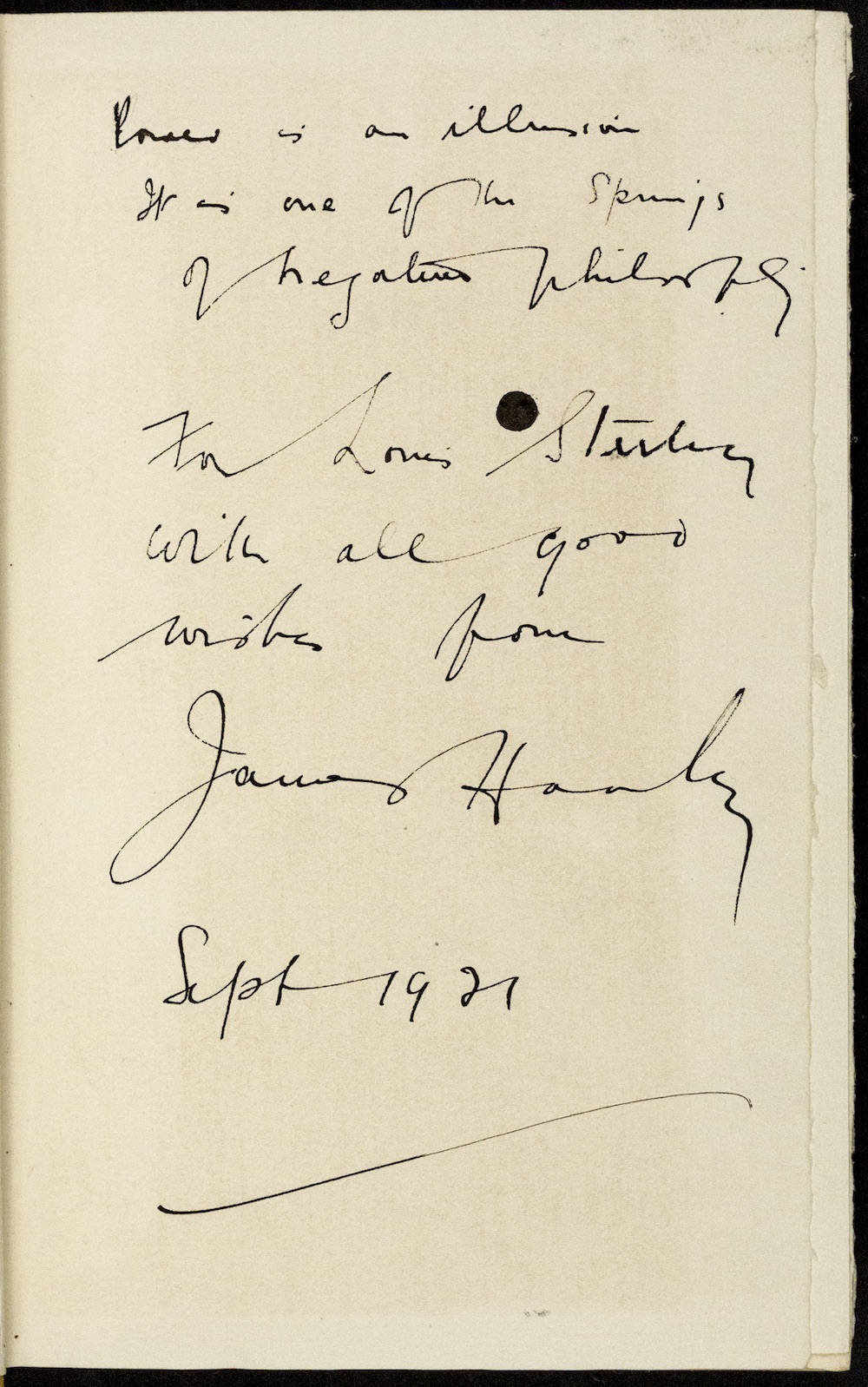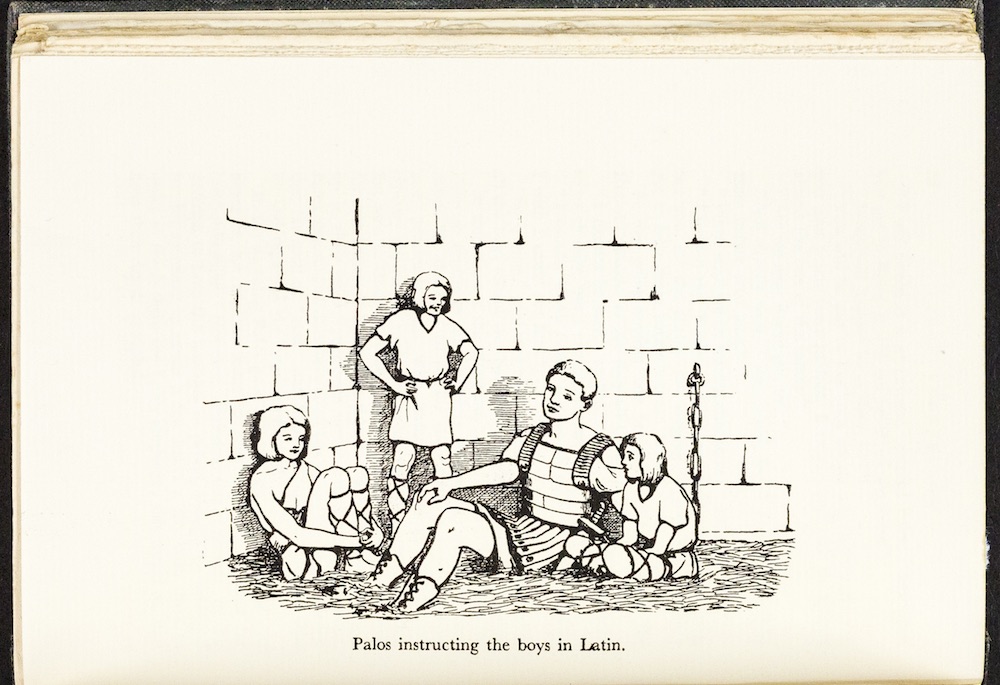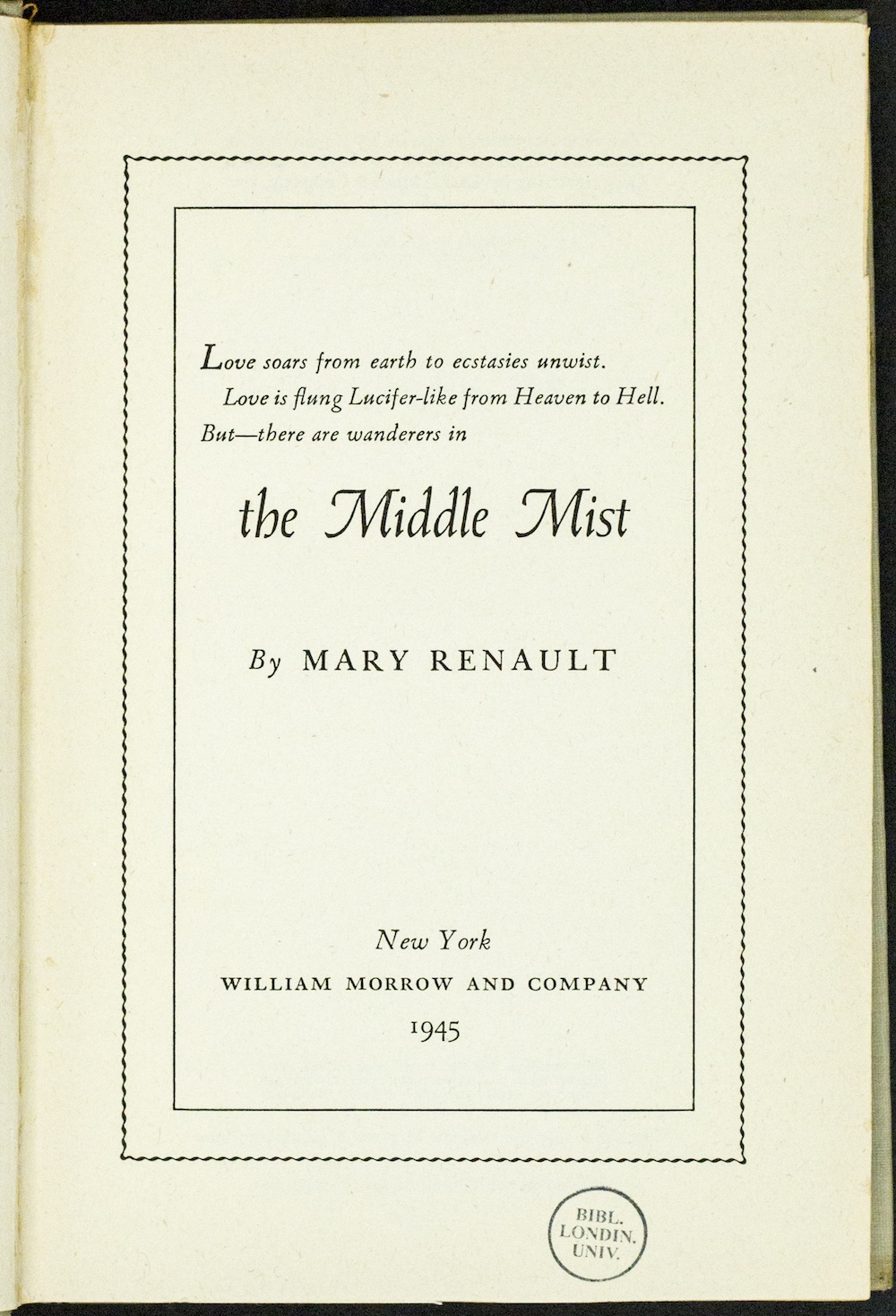The year 1928 saw the trial of The Well of Loneliness, later cited for decades as an accurate depiction of nonheteronormative women’s lives. Our copy, printed in Paris in a clumsy attempt by publisher Jonathan Cape to avoid prosecution, tells its own narrative of repression. An original copy of Djuna Barnes’ bawdy Ladies Almanack, printed privately in Paris, provides a counterpoint that evaded prosecution by its informal sale on the streets and by its thinly veiled language and antiquated style. We also hold the original manuscript of James Hanley’s Boy, heavily censored in print not as a novel showing queer lifestyles, but perhaps more for its message that sexuality was fluid, and also brutal. Together, they demonstrate a broad range not only of attempts to escape censorship, but also the clear emergence of radically differing perceptions of what queer identities might be.

